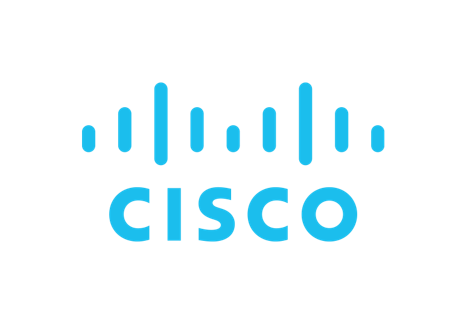sponsor content What's this?
Securing the Future: The U.S. Government's Cloud-First Transformation

Presented by
Cisco

By Caio Milani, Senior Director, Product Management, Cisco Meraki
U.S. federal government networks have grown more complex, as agencies offer more online services to constituents and employees take advantage of powerful new applications that improve collaboration and efficiency, while helping them thrive in hybrid work environments. For IT departments, day-to-day networking operations have never been more challenging.
As part of the push to modernize its massive IT infrastructure, the federal government has made accelerating the shift to the cloud a top priority. The 2021 Executive Order on Improving the Nation’s Cybersecurity (EO 14028) recommends that cloud technologies be prioritized in IT transformation efforts, while also ensuring that they are highly secure. At the same time, forward-thinking IT leaders are recognizing that managing networks from the cloud offers many advantages over on-premises management. Along with centralizing and dramatically simplifying IT operations, a cloud-managed networking approach improves cost-effectiveness and work flow efficiency that enables IT staff at all skill levels to do more in less time.
But what about security? It’s critical for IT services to protect personal data, privacy, and network infrastructure, while shielding them from the proliferation of online threats targeting organizations in the public sector. What’s more, with the growth of hybrid work models, government employees need to be provided with a safe and secure online work environment, wherever they are.
Security concerns related to the cloud have sometimes hindered adoption in the past by government IT leaders. Issues related to data sovereignty, as well as the extent to which some cloud solutions rely on the public cloud for data transportation and storage, were two such concerns which have been largely put to rest by today’s feature-rich and highly secure cloud-based networking platforms.
When it comes to security within a cloud-managed network, many important advantages are provided over existing on-premises networking solutions. This type of platform provides orchestration and increased visibility across the entire network, with an ability to customize the network without impacting performance or the user experience. Equipped with these capabilities, IT staff can confidently heighten security while increasing collaboration among employees - a must in the hybrid workplace.
In addition, a cloud-managed network provides sophisticated network intelligence capabilities that can predict network behavior and identify potential cyberthreats across multiple points in the network. IT staff can then use these insights to proactively troubleshoot and take corrective action before threats impact the network.
Improved resiliency is another area where this type of solution can significantly boost security in the network and improve IT agility. In the event of a catastrophic incident affecting one or more agency sites, such as a natural disaster or a cyberattack, cloud-managed networking solutions make it possible for IT departments to react quickly to restore connectivity and services without needing to be on-site. If the incident poses a threat to the network at large, as in the case of a cyberattack, network managers can selectively isolate the affected parts of the network remotely, then bring it back online after the threat has been remediated.
Other aspects of cloud-managed networking further enhance network security and protect against known threats. Firmware updates targeting known vulnerabilities can be automated through APIs, decreasing the need for staff to manually make updates. Dashboards provide a real-time view of the status of these updates and highlight any issues requiring additional attention. Centralized incident logs help IT staff identify larger attacks that could affect different parts of a network, allowing them to take corrective action quickly. Secure log-in to devices and centralized policy enforcement reduces the local attack surface as well.
With the right cloud-managed networking platform, government IT leaders have much to gain. Not only will they benefit from enhanced security protections, they will also enjoy simpler network management, optimized operations, and better, more consistent constituent and employee experiences.
Discover how Cisco Meraki for Government can help your agency on your network and IT transformation journey.
This content is made possible by our sponsor Cisco; it is not written by and does not necessarily reflect the views of Next Gov's editorial staff.
NEXT STORY: No-Code Automation Software is the Future for Federal Agencies





